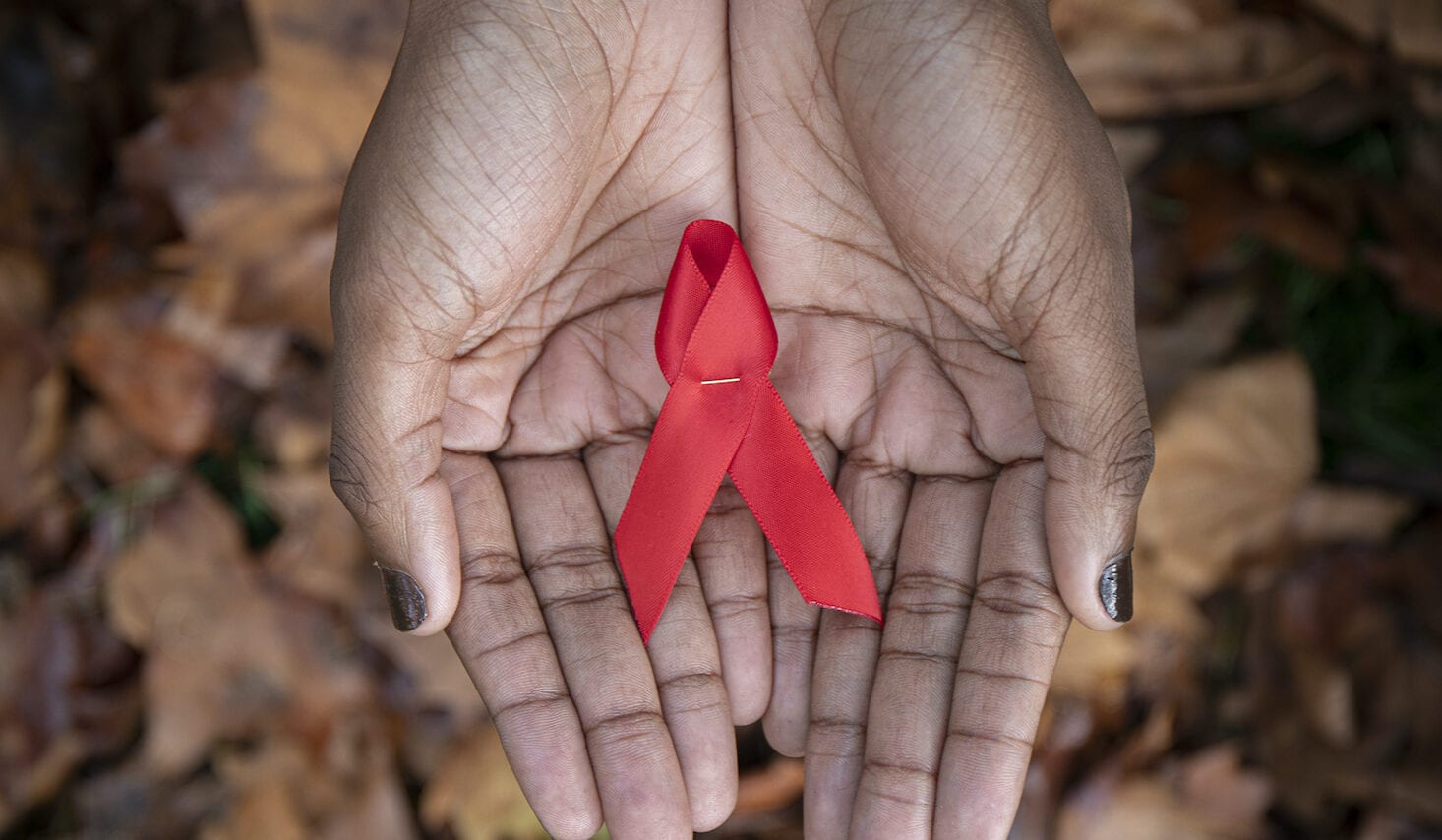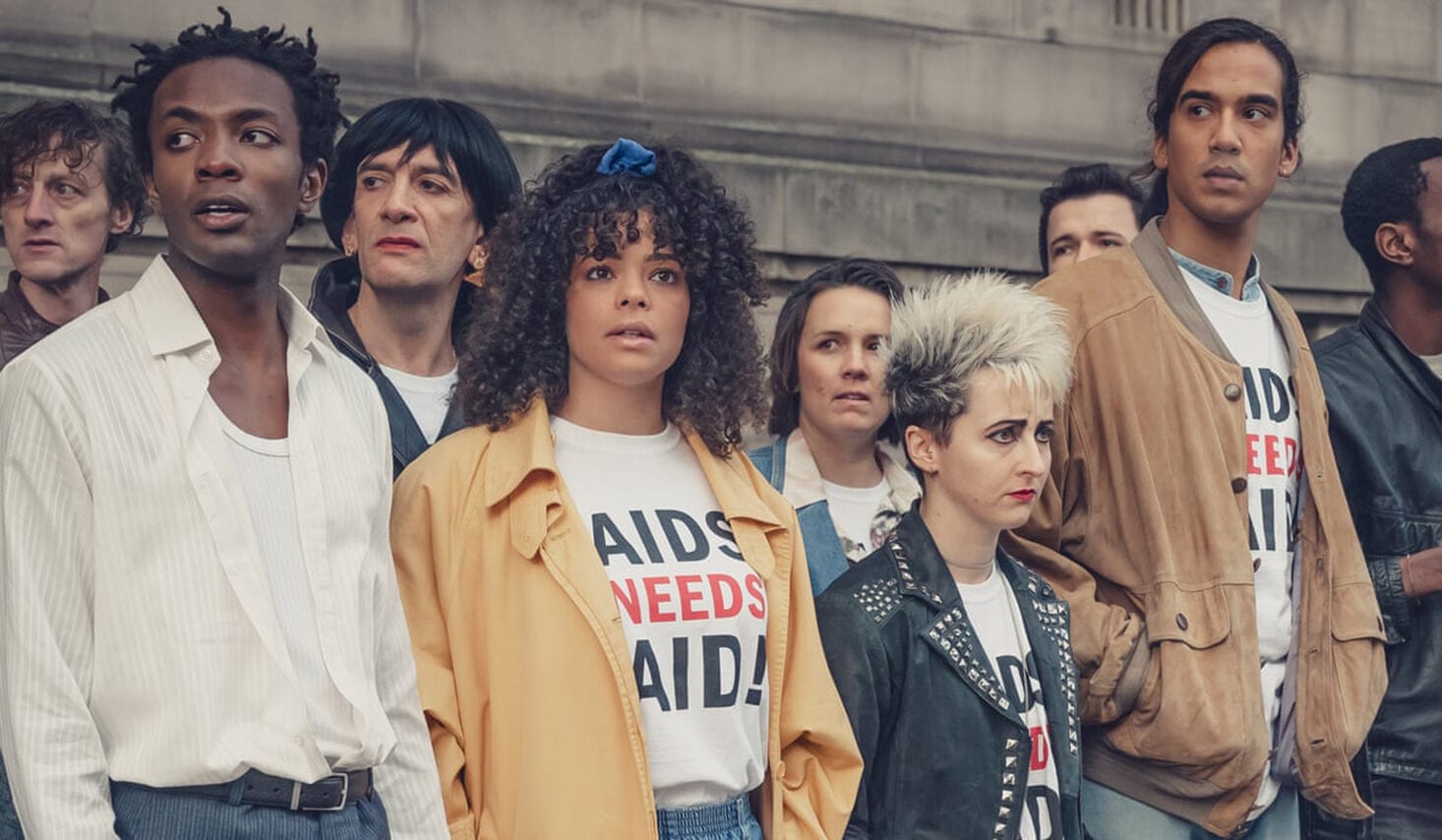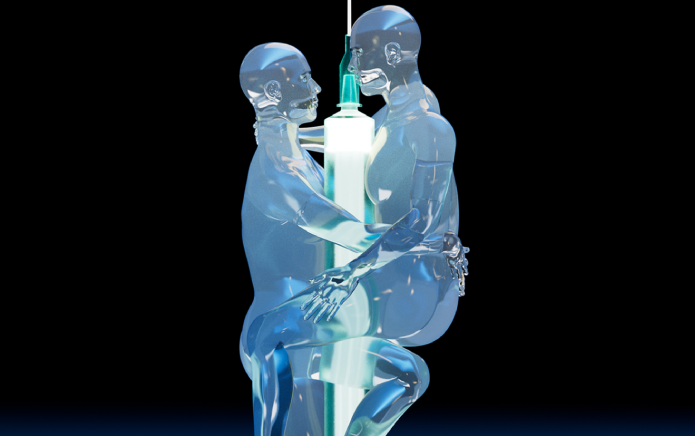
I was just two years old when Terry Higgins died of an AIDS related illness in June 1982. Like many young people growing up in the 1980s, I didn’t fully understand the devastating impact HIV was having on millions of lives, but seeing the tombstone advert like so many others, I was simply scared.
As a teenager in South Wales in the 90s, and like so many others repressing their sexuality, I took a keen interest in the impacts of HIV in the UK and USA (I remember being outraged at watching the injustice depicted in the film Philadelphia), and globally too in Africa as the pandemic spread. I distinctly remember writing my hopes for the year 2020 in a school essay as: “a world without AIDS”.
It’s A Sin is a masterpiece. Thanks to Russell T Davies, and the incredible cast, we finally have a truly British story of how the epidemic devastated so many lives, as well as the particular pain experienced by those coming from socially conservative communities whether South Wales, Glasgow, the Isle of White or the British-Nigerian community.
As well as utterly authentic setting, and stories, thanks to the writing team and historical consultants like life-long HIV activist and my good friend Lisa Power (herself one of the founders of Stonewall and a volunteer at Switchboard, which was so perfectly depicted), the show consistently demonstrates how rife with panic, fear, shame, and silence the AIDS epidemic was for so many gay and bisexual men; a combination of the real social and financial repercussions attached to seeking assistance, alongside the lack of available information.
As the All-Party Group has done since those early days of the epidemic – it is important to recognise both the huge progress made since those dark times, as well as the stark challenges that remain. From campaigning on awareness, stigma and treatments in the early years, to PrEP, testing and support for marginalised communities in more recent years, we have repeatedly fought for action from Ministers here in the UK and globally on a cross-party basis.
The scientific advances in HIV treatment and prevention have been some of the biggest we’ve seen in modern medicine. An HIV diagnosis has gone from being a near-death sentence for sadly far too many to be a manageable condition, with people living with HIV enjoying a normal life expectancy. Even more remarkable, we can now say with absolute confidence that someone on effective HIV treatment cannot pass on the virus to their sexual partner: Undetectable equals Untransmittable.

Globally – thanks to the investment of countries like the UK through our aid in the UN Global Fund, and research through IAVI into vaccines – we are seeing millions more receiving anti-retroviral treatment and testing, and new products are in the pipeline such as the vaginal ring developed by IPM.
Here in the UK, 106,000 people are now living with HIV, but 94% of people are diagnosed and 92% of those are on effective treatment. In 2019 there was another drop in new diagnoses, with gay and bisexual men seeing rates plummet by nearly 50% since 2014. But that same progress is not happening across other groups, with slower reductions among women (who make up a third of people living with HIV in the UK) and among BAME communities. Other groups continue to be marginalised such as sex workers, and injecting drug users. And stigma still blights the lives of far too many.
National HIV Testing Week starts on 1 February and that opportunity to get tested quickly and easily – including at home – is a privilege that so many we lost in the 1980s and 1990s never had. This year’s testing week follows on from the publication of the influential HIV Commission report for England, and new efforts in tackling the virus in the devolved administrations too. The HIV Commission report makes clear that without a redoubling of efforts, we risk missing this once-in-a-generation opportunity to end the HIV epidemic, and stop new infections by 2030.
The epidemic has changed much since the tragedy of the 1980s, particularly here in the UK. But globally 1.7 million people were still newly infected in 2019, and nearly 700,000 died needlessly from AIDS-related causes.
But unlike those early days of fear and misinformation depicted in It’s A Sin, we know exactly what we need to do.
The question is whether there is the political will here and globally. The clock is ticking.
Stephen Doughty MP is Labour and Cooperative MP for Cardiff South and Penarth and Chair of the All-Party Parliamentary Group on HIV and AIDS



